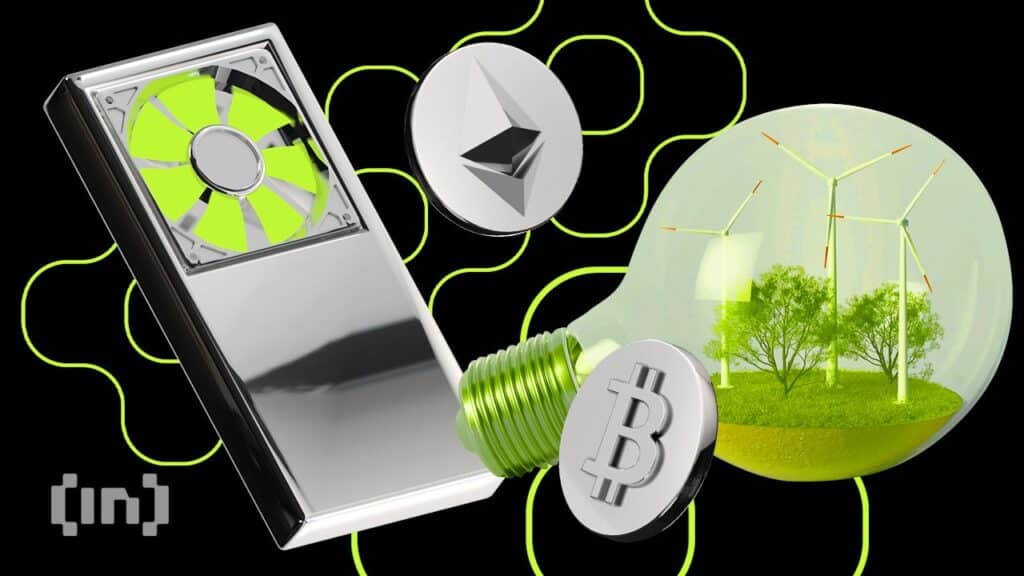This leading Bitcoin mining nation aims to shift its focus elsewhere.

In a significant move that could redefine its economic landscape, Iceland is considering exiting the booming Bitcoin mining sector. The country also addresses additional pressing concerns related to food security and energy sustainability.
Prime Minister Kathryn Jakobsdottir expressed her concern about the country's energy consumption situation. Especially in light of the growing demand from the cryptocurrency mining industry.
Bitcoin mining threatens the sustainability of Iceland, the prime minister warned
Located on top of the Mid-Atlantic Ridge, Iceland is a haven for Bitcoin miners thanks to its abundant renewable energy resources. The country's vast hydro and geothermal energy reserves make it an attractive destination for energy-oriented Bitcoin mining centers.
However, this has led to an unprecedented increase in energy consumption. Currently, the country consumes about 120 megawatts of energy, making it the most bitcoin-mining-dense region in the world.
The Prime Minister expressed concern over the sustainability of this energy consumption, especially considering the negative impact it would have on other important sectors such as agriculture.
“Data centers in Iceland use a significant portion of our green energy,” says Jakobsdóttir.
This revelation comes at a time when the global scale of Bitcoin mining is undergoing a change. New players are continuously entering the mine. Thanks to cheap electricity and an entrepreneurial spirit, Iceland, once a pioneer in industrial-scale bitcoin mining, is now reassessing its position in light of broader economic and environmental concerns.
Read More: Bitcoin Mining From Home: Possible in 2024?
The island's alarming reliance on imports for basic food consumption underscores the decision. Only 1% of grains and 43% of vegetables are produced locally. Jakobsdóttir's proposed pillar to strengthen food production represents a strategic direction to support more sustainable and important sectors of Iceland's renewable energy sources. This ensures energy security beyond crypto mining for households and industries.
Crypto mining industry prepares for post-halving shakeup
This strategic change reflects a broader trend in the crypto-mining industry. After the expected Bitcoin halving event in April, it is encouraging for big changes. Industry experts, including Fred Thiel, CEO of Marathon Digital Holdings, have warned of the impending financial pressure on smaller miners. It could lead to consolidation for larger players with stronger financial backing.
“I think after the halving you're going to see the smaller miners run into financial trouble, which will allow the larger miners to consolidate the industry,” Thiel said.
Navigating critical change, Iceland sees its shift as much more than securing energy and food. It is also an indication of its commitment to sustainable development.
Read more: How Much Electricity Does Bitcoin Mining Use?
So Iceland is diverting its renewable energy from crypto mining to important fields like agriculture. This move demonstrates Iceland's ability to combine technological progress with eco-friendly practices and economic stability.
Disclaimer
Adhering to the Trust Project guidelines, BeInCrypto is committed to unbiased, transparent reporting. This newsletter aims to provide accurate and up-to-date information. However, readers are advised to independently verify facts and consult with experts before making any decisions based on this content. Please note that our terms and conditions, privacy policies and disclaimers have been updated.













